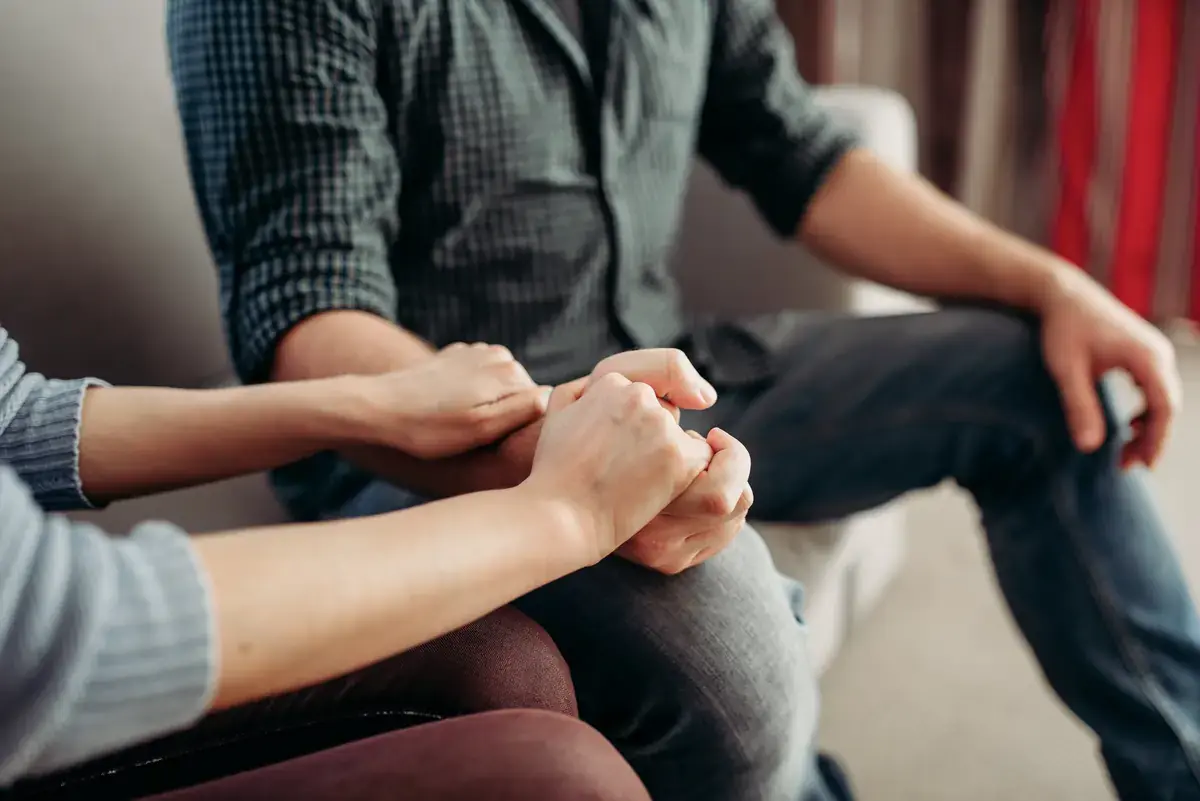How to Express Romantic Love: Effective and Heartfelt Gestures
All the world celebrates romantic love, and people from all walks of life look for ordinary moments and extraordinary ones to express love to their...

Group therapy is especially transformative because unconscious relationship patterns play out in real time. Over time, group members begin to relate to each other similarly to how they experience intimate relationships outside the group.
Group therapy benefits people in varying ways, but you can almost always count on improving in the following areas:
Group therapy gives people a safe and supportive place to learn more about their thoughts, feelings, and actions, as well as mental health conditions like depression and anxiety. People can learn more about themselves and learn to accept their strengths and weaknesses by getting feedback and support from other people in the group.
Group therapy allows individuals to practice and improve their communication skills in a real-life setting. People can learn how to talk about their thoughts and feelings, listen to others, and build healthy relationships with others through group discussions and activities.
Group therapy provides a sense of belonging and community for individuals who may feel isolated or disconnected. Through the sharing of experiences and feelings with others in the group, individuals can gain a greater sense of support and connection with others who understand their struggles.
Group therapy provides individuals with the opportunity to learn and practice coping skills to manage their emotions and challenges in life. Through the support and guidance of the group and therapist, individuals can develop a greater sense of resilience and the ability to overcome adversity.
Group therapy can help individuals develop a positive sense of self-worth and confidence in their abilities. People can learn to value themselves and their unique experiences through the feedback and support of others in the group. This can boost their self-esteem and confidence.
Overall, members learn how to recognize their emotions, deal with them in a healthy way, figure out what makes them upset, share them with others in a genuine way, and become empowered to make changes.
While this may be frightening to some, you will not be alone. Both the group leader and other members are there to support you every step of the way.
According to the APA, group therapy is just as effective as individual therapy. In some cases, group therapy is actually more effective than individual therapy.

All the world celebrates romantic love, and people from all walks of life look for ordinary moments and extraordinary ones to express love to their...

What is relationship burnout or relationship fatigue? Many of us have heard of burnout, but we often connect it to professional life and the problems...

In today's digital age, so many of us are locked into our mobile devices each and every day, which can have a negative impact on our mental...